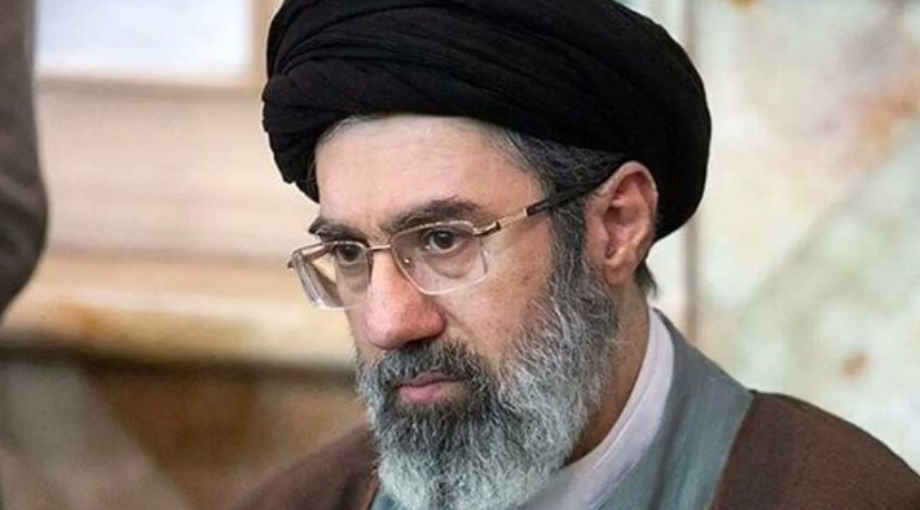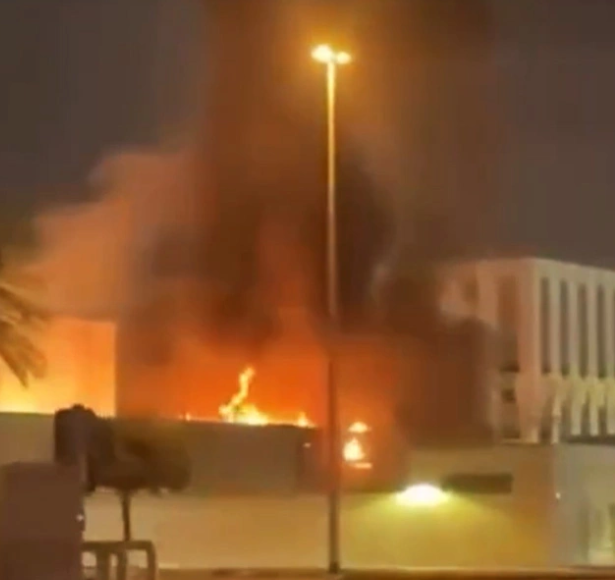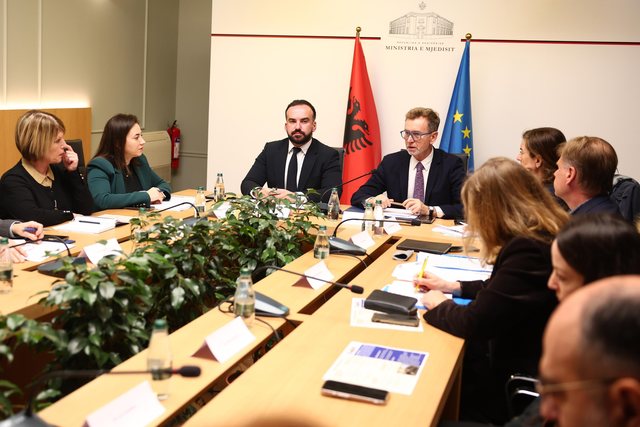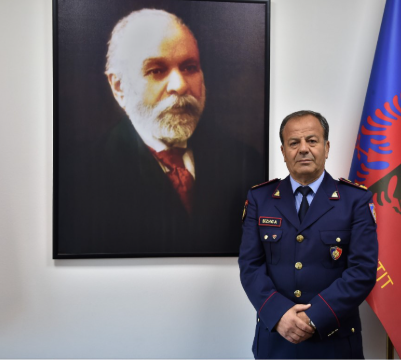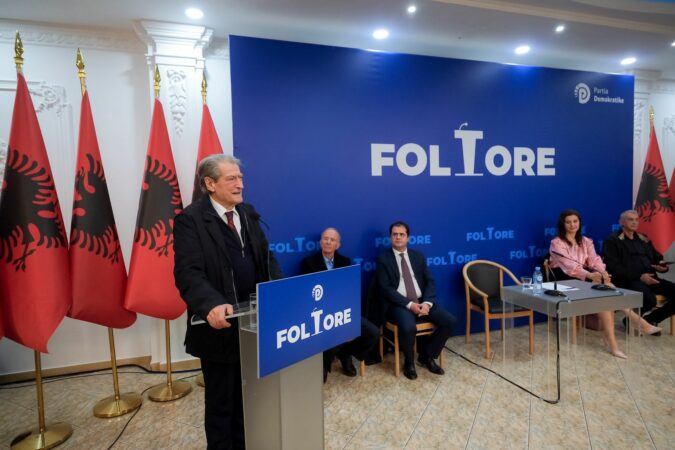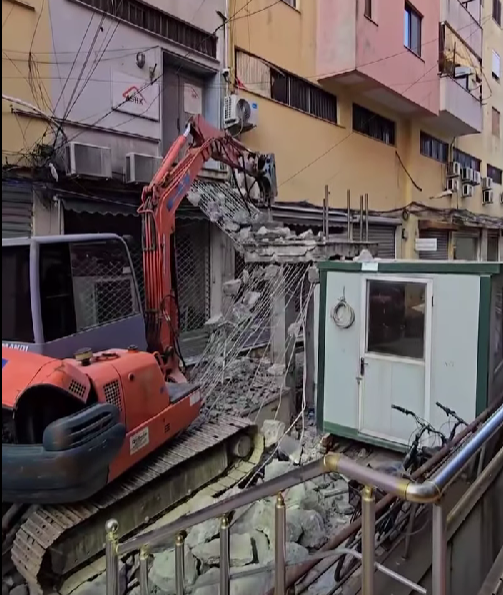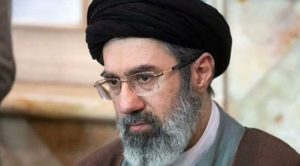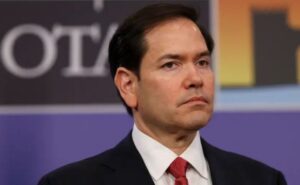Edi Rama’s Albanian Renaissance
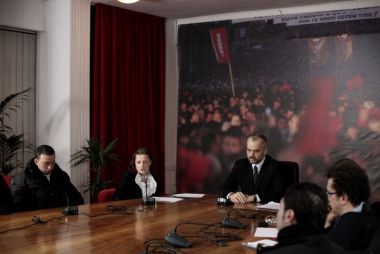
Albania's prime minister, Edi Rama, is a fiery, statuesque and decidedly well-attired politician who stands nearly 6 feet 7 inches tall. As British political operative Alastair Campbell states in his book Winners and How They Succeed, Rama is not only the tallest world leader but, as a former league basketball player, the only head of government who has represented his country internationally at sport.
In 1993, when Rama was campaigning in Tirana's artsy fringe, Fred C. Abrahams, who was a Human Rights Watch special adviser to Albania, remembers him attired in "a T-shirt with stick figures in different sexual positions." Now the 51-year-old prime minister prefers bright purple paisley ties, red patterned pocket squares and elegantly cut three-piece suits. Both his stature and personality have led Rama to become one of the Balkans' most recognizable leaders—but in his clean, modest office, which overlooks Tirana's Boulevard Dëshmorët e Kombit, it is impossible to forget his unconventional political past.
Prior to entering politics, Rama was a respected artist and exhibited in Paris, Frankfurt and New York. He still doodles on his working papers, particularly his daily schedule. These doodles are transformed into his wallpaper. Violin concertos play in adjoining hallways and construction is occasionally audible as Rama discusses his vision for the Balkans. "Both here and in Kosovo, we want to have excellent relations with everyone," Rama tells me. "We strongly believe that what has always been a reason for dispute—for wars, conflicts, bloodshed, hatred, separation, misunderstanding—can become a huge resource for excellent relations. Our minorities should act as bridges."
Sharing borders with four Balkan countries and shaken by two decades of weak government, Albania became a problem state that stoked conflict in the former Yugoslavia—by acting as a porous territory for organized criminal groups engaged in people trafficking, gunrunning and smuggling drugs. Since 2013, under Rama, Albania has sought to become a star pupil for EU ascension, driving forward political and economic reform. Now Albania seeks international recognition for its efforts, and it is growing impatient—particularly as EU enlargement has been stalled indefinitely by the economic catastrophe in Greece. With 7 million ethnic Albanians scattered across the Balkan peninsula and unrest flaring as recently as May in Macedonia, it's a critical time for Albania—and the EU risks alienating its greatest supporter in the region.
Elected in 2013, Rama crushed Albania's incumbent prime minister, Sali Berisha, in an electoral landslide that saw his coalition of left-wing parties snatch 83 of the parliament's 140 seats, and 57.6 percent of the vote. Rama's evolution from basketball-playing artist to politician began when he won the Tirana mayoral race in 2000 and swiftly set about reshaping the decaying city—with a pallet knife, wrecking ball and pneumatic drill. Rama ordered the facades of buildings in the city to be painted in pastel hues—primarily green, yellow and violet—and he created 23 acres of parks and open spaces in a city that he likens to "a very chaotic Ottoman bazaar." The ensuing benefits for pedestrians, and a surge in small-business growth, helped Rama win the title of world mayor in 2004. Despite these early successes, he was not prepared for the full extent of Albania's problems when he became prime minister. Longtime adversary Berisha had been defeated, but institutions were devastated by corruption, clientelism and links to organized crime.
"Financially, we have had to deal with a big mess," Rama says. "The previous government had accumulated a huge amount of arrears—$700 million for unpaid public works, unpaid services to hospitals and education, and for [value-added tax] owed to companies which had not been reimbursed…. In the energy sector our distribution company had inherited a debt of $1 billion because of theft and losses in the system." Furthermore, institutional failure had made the business community feel like the subject of a witch hunt. "People were subjected to a lot of harassment, a lot of unjustified penalties and a lot of bribery," Rama says. Customs and the tax administration were corrupt, and "police were devastated by links to organized crime."
In 2013, Albania stood at 116th of 176 countries in the Corruption Perceptions Index, published annually by Transparency International. By January 2015, Albania's standing had improved to 110th. Rama has passed institutional reforms and tried to rein in corrupt businesses. As he told Albania's Top Channel, his government's recent investigations into Tirana's "private universities" found some alarming practices. "We have workers of these universities, like painters or plumbers, who have not been paid in money but with diplomas," Rama explained. "Some students have paid for their diploma with cows, sheep, rice or even firewood. We have registers saying, 'The chief withdrew 10 diplomas.'" All 17 establishments were closed. There are other signs of progress on law and order: Police are patrolling Tirana's roads, drivers face fines, bans on smoking in public places are strictly enforced, and tax evasion investigations are yielding serious results.
Ethnic Albanians attend the burial ceremony for eight Albanians who were killed during fighting with Macedonian police in Kumanovo, on May 26. The clashes were the latest flare up in the region between police and ethnic Albanian gunmen, and left 22 people dead, including eight police officers. With 7 million ethnic Albanians scattered across the Balkan peninsula, and similar flare ups across the region, it's a critical time for Albania as it strives to become a star pupil for EU ascension.Armend Nimani/AFP/Getty
Abrahams says he believes that although initial signs are positive, the government's success needs to be monitored. The West hastily embraced Berisha, who was hailed as an economic miracle worker in the early 1990s and returned to power as prime minister in 2005. In 1997, then-President Berisha tumbled from power after the collapse of enormous pyramid schemes that his government had supported. Two-thirds of Albanians lost a total of more than $1 billion in savings, while 2,000 people were killed in subsequent unrest. As Abrahams explains in his book Modern Albania: From Dictatorship to Democracy in Modern Europe (and tells me, via email), for now "cautious and conditional support over optimistic zeal" is what this young democracy deserves.
"I think the optimism today about Rama's rule, and the support he's getting from Western states, is justified—to an extent," Abrahams says. "Rama is a very different Albanian ruler from what came before." However, Abrahams perceives a dilemma. "At the same time, he's also a product of that troubled political system, with its divisions, animosities and financial alliances. He has had to make deals, and those deals limit his maneuverability."
One byproduct of the Albanian electoral system is that coalition governments are the norm. Ilir Meta, who is speaker of the Parliament of Albania and was a former prime minister under Berisha, switched his allegiance from the Democratic Party to Rama's Socialist Party in 2013, thus allowing Rama to win the election. Meta has been hounded by allegations of corruption. While ultimately acquitted by the Supreme Court of Albania for allegedly soliciting a 700,000-euro facilitation payment to rule favorably in a deal to build a power plant, the incident triggered widespread demonstrations in 2011—which were headed by Rama himself, then in opposition. Albanian tabloid newspapers often speculate about the nature of this alliance, but Abrahams suggests that Rama's ability to work alongside Meta displays an ability to compromise in a country where lack of dialogue has often caused progress to stall.
Alastair Campbell, who is best known as Tony Blair's former political strategist, helped create Rama's 2013 electoral landslide. He tells me, in a telephone interview, how they first met on the margins of a Tirana conference. Rama had lost the mayoral race to Luzlim Basha and was disillusioned by the state of Albanian politics. They subsequently agreed to work together, and Campbell describes the "sheer brutality" of Albanian politics. "Edi is both trying to win against this kind of attitude and also trying to change it. He has to be both very tough and also very empathetic," he tells me.
Among the challenges Rama faces is how to resolve ethnic tensions with his Balkan neighbors. Just days before he was due to meet his Serbian counterpart last October for the first such meeting in 68 years, a European Championship qualifying match between the two countries was abandoned after an unmanned drone hovered over the field carrying below it a Greater Albania flag—a reference to the nationalistic idea of an extended territory covering all the areas where ethnic Albanians live, including Kosovo. A Serbian player ripped down the flag, and brawls between players resulted in the cancellation of the game. Rama's brother, Olsi, was accused, without basis, of operating the drone, and the prime minister stepped in to resolve the tension through talks with Serbian Prime Minister Aleksander Vucic and German Chancellor Angela Merkel.
Rama says Europe needs to do more to welcome the Balkan nations. "Today, we have a peace in this region that we did not have in our history," he says. "And this is not the result of any evangelization of us. We are not angels and will never be—but this peace is the result of the aspiration of all of the people in this area to be part of Europe. If Europe will continue to show fatigue from enlargement, it risks seeing this region fatigued of patience. If patience is over, the Balkans will always become identified with bloodshed." Rama pauses. His forehead furrows, and his eyes appear wide and thoughtful. "Letting the Balkans, and its multi-religiosity, disintegrate would be a tragedy for every one of us."
NewsWeek
 KOHA JONË SONDAZH
KOHA JONË SONDAZH










